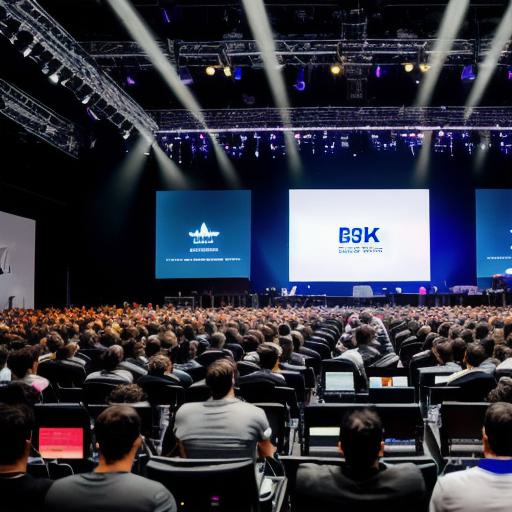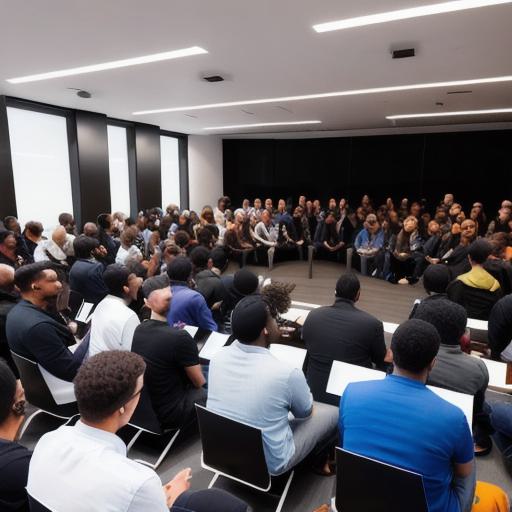As we continue to see the growth of blockchain technology, it’s becoming increasingly clear that Web3 is going to revolutionize the way we interact with each other online. But what exactly does Web3 entail, and how can community managers play a role in helping to unleash its full potential?
Web3 refers to the next iteration of the internet, which is built on decentralized technologies such as blockchain and smart contracts. This allows for a more secure, transparent, and decentralized way of conducting transactions and sharing information online. And as we continue to see more companies and organizations adopt these technologies, there’s an opportunity for community managers to help facilitate the transition to Web3.
One key aspect of Web3 is its ability to empower individuals and communities through decentralized platforms. This means that instead of relying on centralized authorities or intermediaries, people can interact directly with each other using smart contracts and other Web3 technologies. And community managers can play a critical role in helping to build these communities by facilitating communication and engagement among members.

For example, consider the case of Ethereum, one of the most well-known blockchain platforms. Ethereum has a thriving developer community that is constantly building new applications on the platform. Community managers have played an important role in this community by organizing meetups, hackathons, and other events that bring developers together and provide opportunities for them to learn from each other.
In addition to facilitating engagement within communities, community managers can also help to build bridges between different Web3 platforms and ecosystems. This is critical as the Web3 landscape becomes more diverse, with new technologies and platforms emerging all the time. By staying up-to-date on the latest developments and connecting different communities, community managers can help to create a larger and more vibrant Web3 ecosystem.
Of course, there are challenges that come with unleashing the power of Web3. One of the biggest is scalability – as more people and organizations adopt these technologies, there’s a risk that they will become slow and inefficient. Community managers can play a role here by helping to identify and address bottlenecks within Web3 platforms, and working to optimize processes and systems to ensure that they remain efficient and effective.
In addition, there are concerns around security and privacy when it comes to decentralized technologies. Community managers can help to mitigate these risks by providing resources and guidance on best practices for securing data and protecting against cyber threats.
Overall, the role of a community manager in unleashing the power of Web3 is critical as we continue to see this technology evolve and mature. By facilitating engagement and collaboration within communities, building bridges between different platforms and ecosystems, and addressing scalability and security challenges, community managers can play a vital part in helping to build a more decentralized, secure, and transparent online world.
FAQs:
1. What is Web3?
Web3 refers to the next iteration of the internet, built on decentralized technologies such as blockchain and smart contracts.
- How can community managers play a role in unleashing the power of Web3?

Community managers can facilitate engagement within communities, build bridges between different platforms and ecosystems, and address scalability and security challenges. - What are some examples of decentralized technologies used in Web3?
Examples include blockchain, smart contracts, and decentralized applications (dApps).
